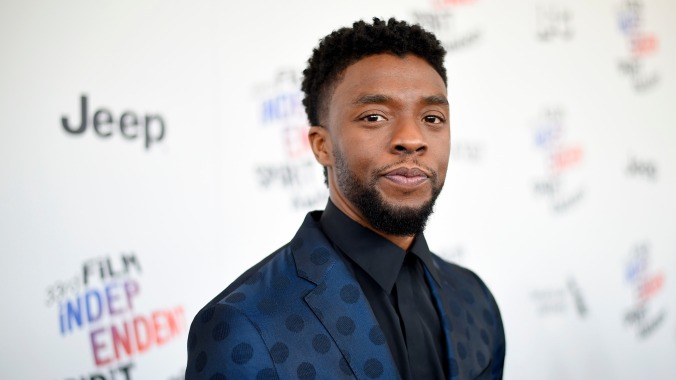According to the reports, Feige received an email about Boseman on August 28, just a few hours before he died. (The actor appears to have sincerely believed he would survive the disease until something like a week before his death.) Before that, almost no one outside Boseman’s family—excepting his agent, his trainer, producing partner Logan Coles, and 42 director Brian Helgeland—even knew he had cancer, let alone what his prognosis was. Per the same THR report, it’s typically uncommon for major studio features to require medical screenings for their stars, since completion of films on that level is rarely an insurance matter—especially when the star in question is as young as Boseman was.
This means that Disney now finds itself in roughly the same position as the rest of us: Wrestling with the shocking death of a performer they reasonably assumed would be around for several more decades, providing charisma and leadership to major studio features. There has, of course, been some natural (if not always entirely tasteful) curiosity about what Boseman’s death means for the film franchise he led—with Black Panther writer-director Ryan Coogler expressing, among many other sentiments, how bewildering it is to have spent the last year imagining stories for Boseman to perform that will now never see fruition. Disney, for its part, is adamant that its current focus is on grieving the loss and paying tribute to Boseman’s career, rather than any worries about Black Panther 2, which is still technically on the schedule for 2022.
